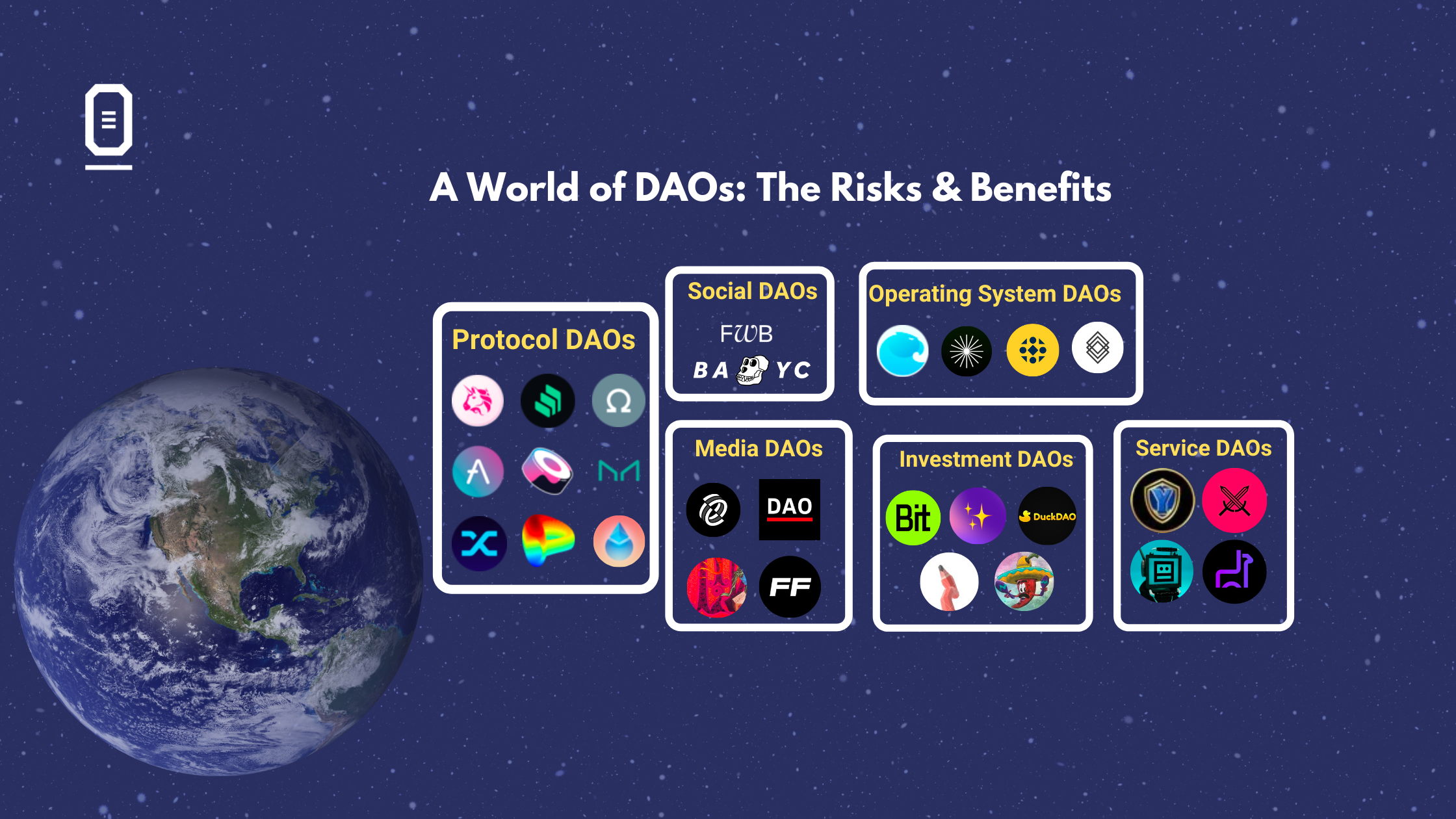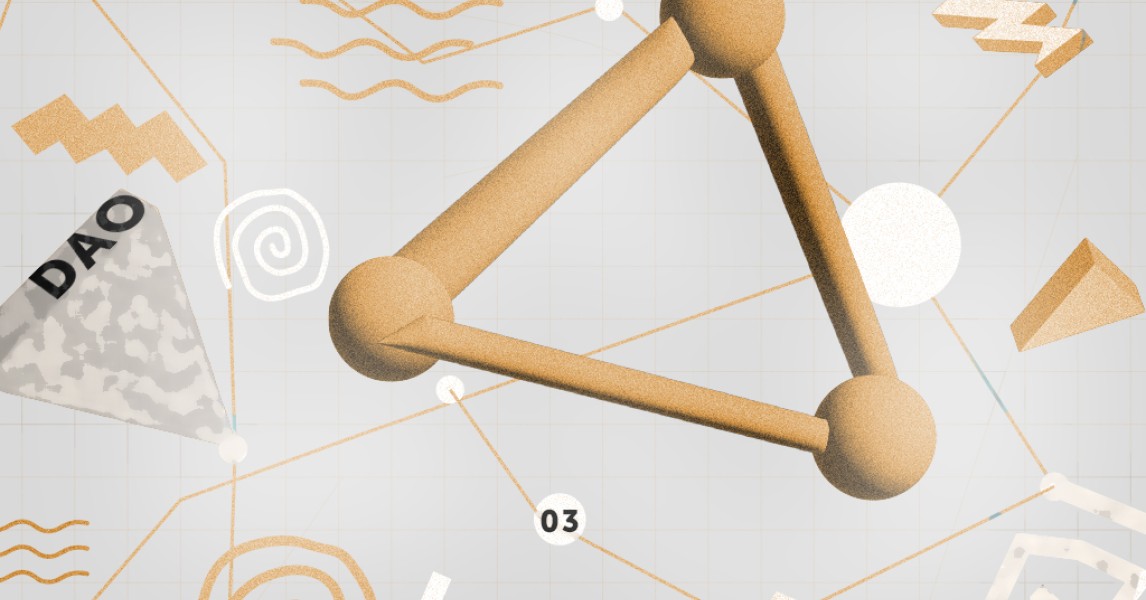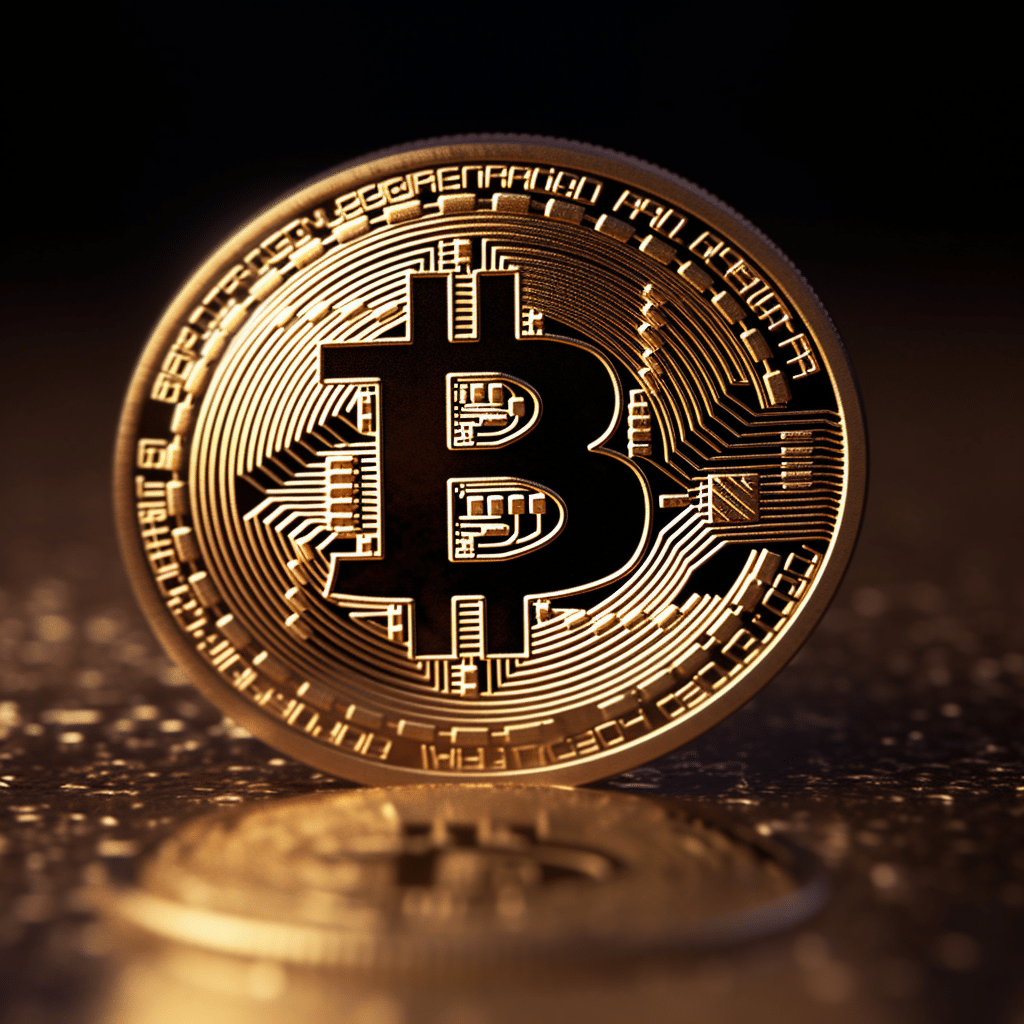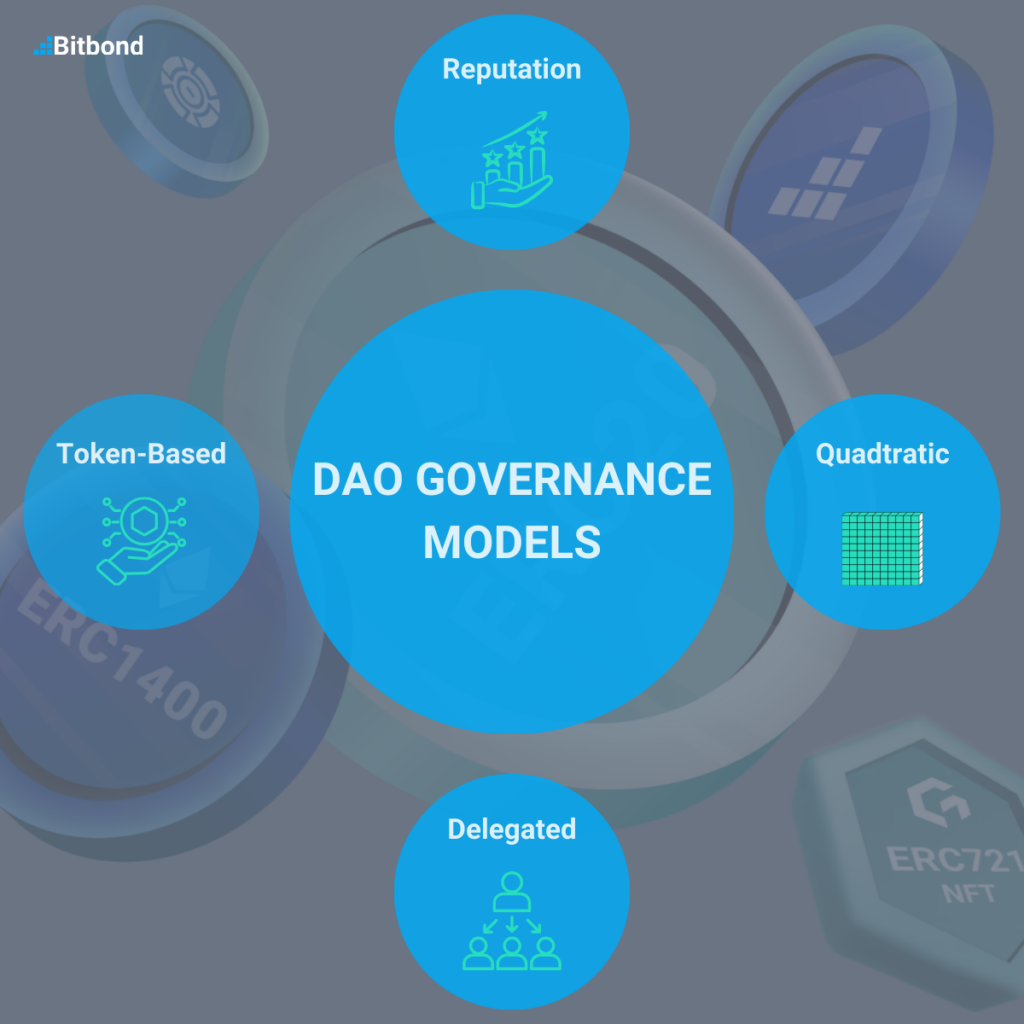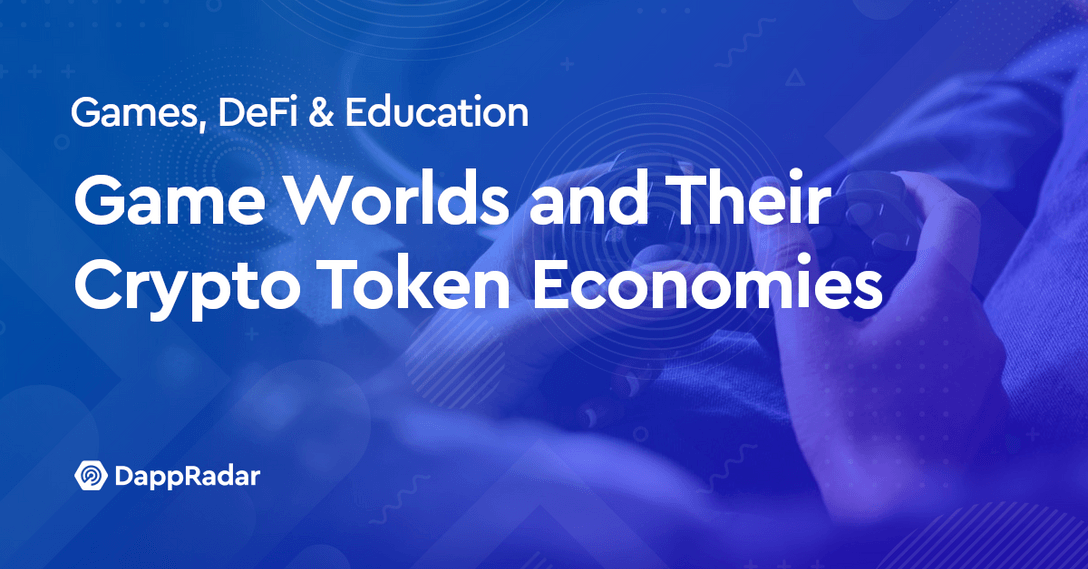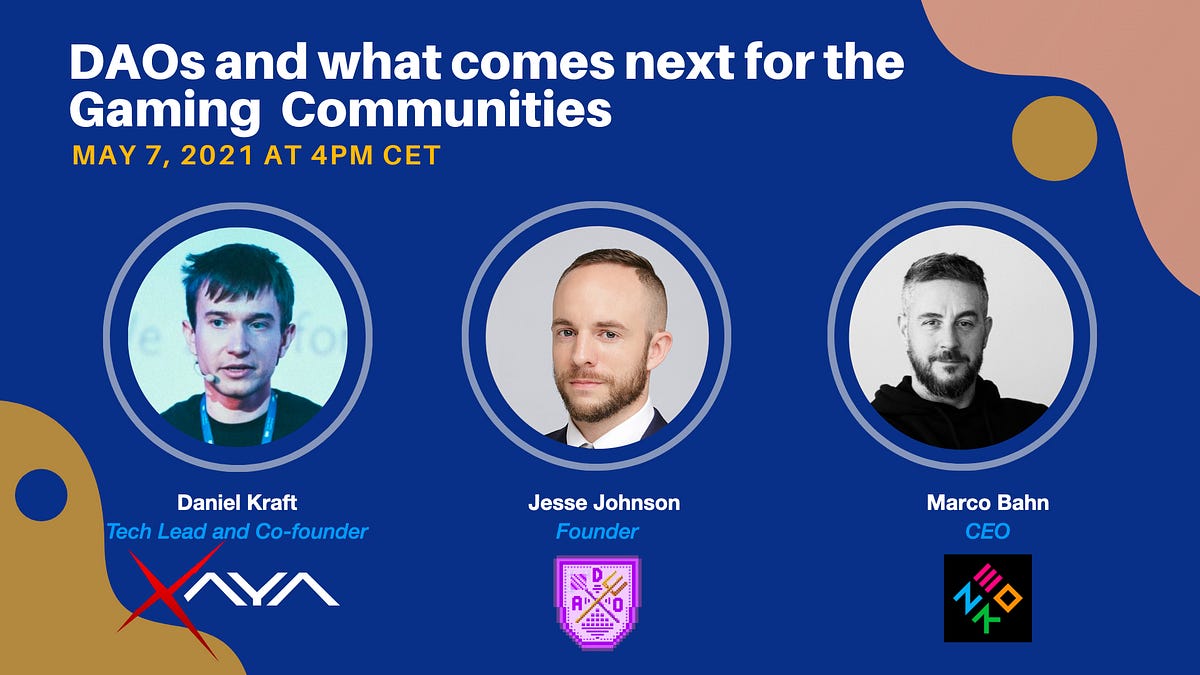Introduction to DAOs in Gaming
Decentralized Autonomous Organizations (DAOs) are organizations managed by a set of smart contracts on blockchain networks, enabling collective decision-making without a central authority. They operate as member-owned communities where rules and governance are transparently encoded on a blockchain. In the gaming industry, DAOs are emerging as a disruptive model that shifts control from centralized developers to the player community, transforming game development, in-game economies, and community management[15][8].
DAO Mechanics and Governance in Gaming
At the heart of DAO governance lies a mechanism that automates operations and decision-making via smart contracts. These contracts execute predefined rules—such as proposal submission, voting, and fund allocation—enabling an organization to function autonomously. In gaming, such mechanics empower players to directly influence game development and community policies. For instance, proposals regarding feature updates, in-game event scheduling, or revenue-sharing can be submitted by any token holder and are executed automatically once approved on-chain[9][12].
Voting Models Employed by DAOs
Various voting models are utilized to facilitate fair and efficient decision-making within DAOs. Common approaches include token-based quorum voting, where each member's voting power is proportional to the amount of governance tokens held. This model requires a minimum level of participation, ensuring that decisions reflect the majority of stakeholders[14]. Other models, such as quadratic voting, allow members to cast votes weighted by the square root of their token holdings, thus reducing the disproportionate influence of large token-holders while enabling users to express the strength of their preferences in a nuanced way[14]. In addition, mechanisms like holographic consensus and conviction voting have also been proposed; these models delegate vote power based on commitment and allow for a gradual build-up of influence over time, thereby reinforcing long-term participation and engagement[14].
Token Incentives and Economic Models
Token incentives are a crucial element of DAOs in gaming, as they align the interests of players, developers, and investors. Utility tokens can be used to purchase in-game items or access features, while governance tokens grant voting rights and a share in revenue distribution. These tokens are often earned via play-to-earn mechanisms, where players are rewarded for participating in the game ecosystem—such as through battles, content creation, or community contributions—and can later trade these tokens on secondary markets[10]. Moreover, the design of token distribution and supply management, including techniques like token burns, staking, and periodic releases, is essential to maintain a balanced in-game economy that avoids inflation and creates sustained value for all participants[16].
Risks and Challenges for Players and Developers
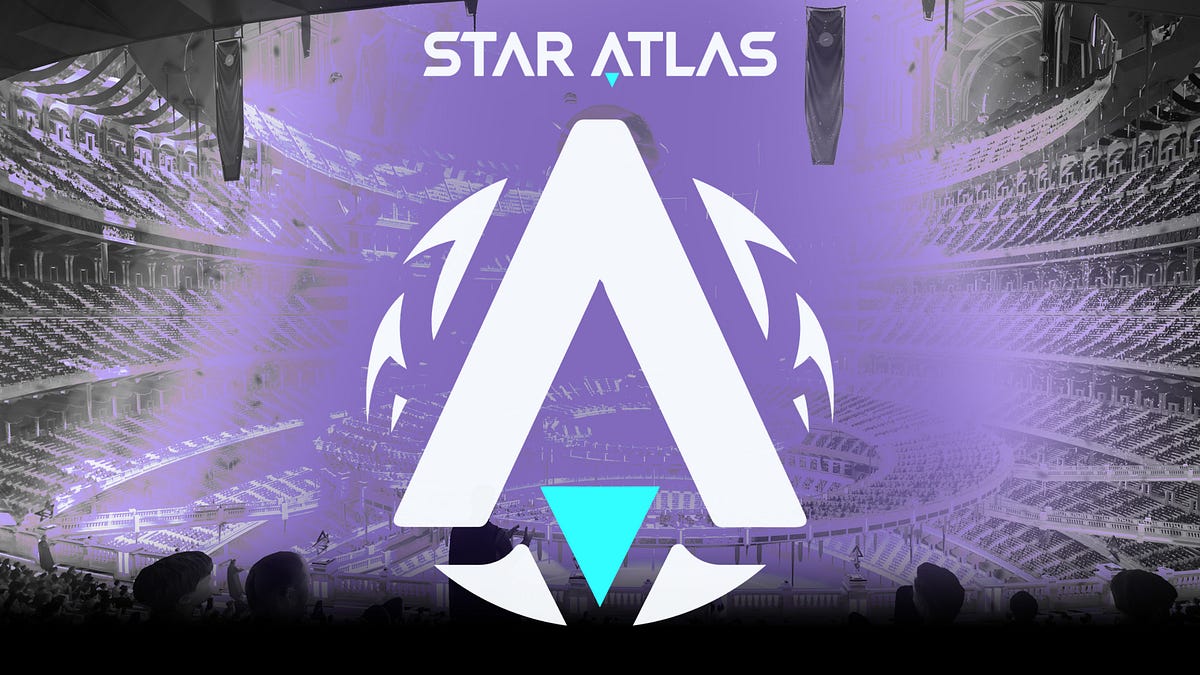
Despite the promising benefits of DAOs, several risks and challenges persist. One key concern is the concentration of voting power, where individuals or groups with significant token holdings may disproportionately influence decisions, potentially marginalizing smaller stakeholders. This concentration of power can undermine the democratic nature of DAOs and lead to governance by a few wealthy participants[3][15]. Furthermore, smart contract vulnerabilities pose serious security risks; exploits in DAO code can result in significant financial losses, as illustrated by historical hacks where millions of dollars were compromised[11]. Legal and regulatory uncertainties also place both players and developers at risk, particularly when DAO tokens may be classified as securities under certain jurisdictions, thereby triggering compliance burdens and potential personal liability[11]. Finally, the rapid pace of technological evolution means that stakeholders must continuously adapt governance models and security protocols to manage emerging threats and maintain community trust[13].
Conclusion and Future Outlook
The integration of DAOs into the gaming industry offers a transformative opportunity to shift power and decision-making directly to the community, thereby fostering increased transparency, engagement, and shared ownership. By employing robust DAO mechanics, innovative voting models such as quadratic and quorum voting, and carefully designed token incentives, future game communities can create more inclusive and dynamic ecosystems. However, to realize these benefits, it is imperative that both players and developers address risks related to security vulnerabilities, power concentration, and legal uncertainties. As the ecosystem matures, iterative improvements in governance frameworks and adaptive security measures will be central to ensuring that DAOs not only revolutionize game development but also maintain a sustainable and equitable environment for all participants[8][17].
Get more accurate answers with Super Pandi, upload files, personalized discovery feed, save searches and contribute to the PandiPedia.
Let's look at alternatives:
- Modify the query.
- Start a new thread.
- Remove sources (if manually added).
